Anglo Saxon England Podcast
Description
Series 1 is a concise social and political history of England from the 5th to 11th centuries.
Series 2 is a social history how society and lordship worked during and directly after the migration period. It then looks at how that culture evolved, as the impact of economic development and the Viking invasions wrought changes in lordship and political structures. It looks also at the landscape - how it affected peoples' lives, how the Anglo Saxons shaped it in turn - and some of the marks ordinary people left for us to see today. And lastly, it considers whether the Norman conquest effected deep change or merely accelerated processes already underway.
Sister series of The History of England podcast, with which is shares the contents of Series 1.
Hosted on Acast. See acast.com/privacy for more information.



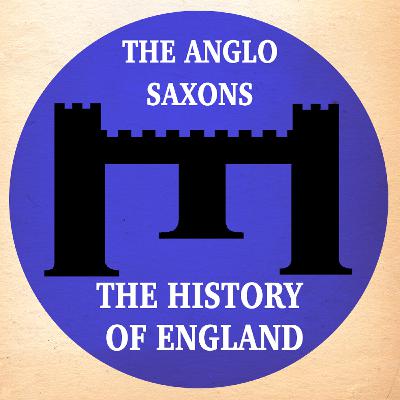
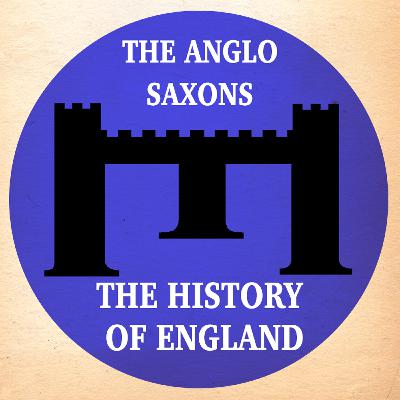
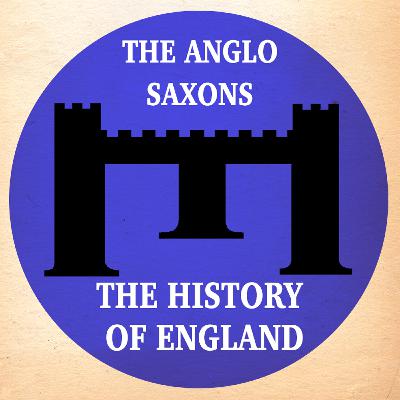
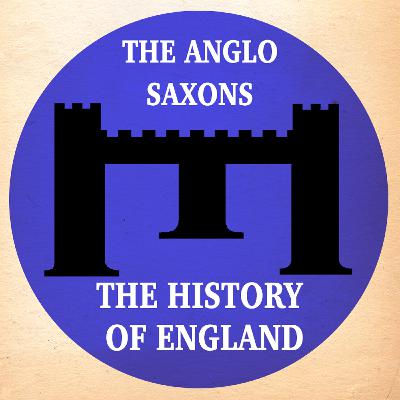
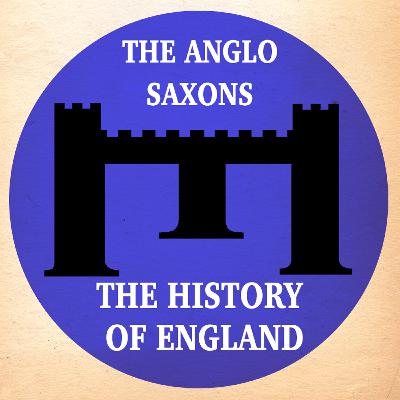
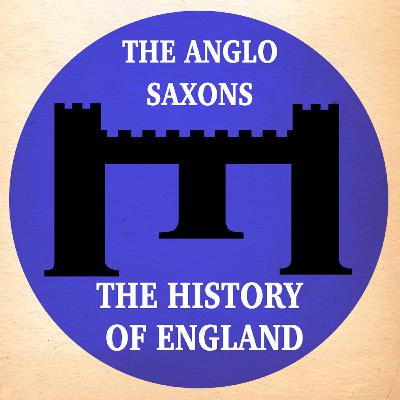
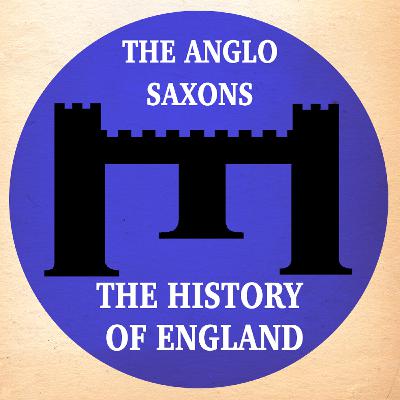
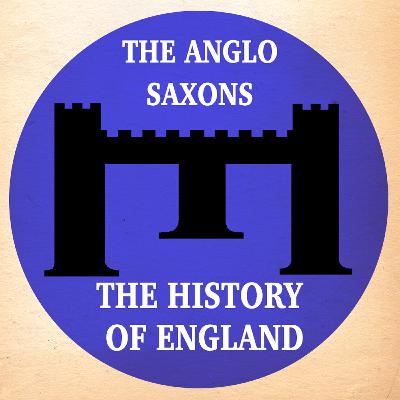
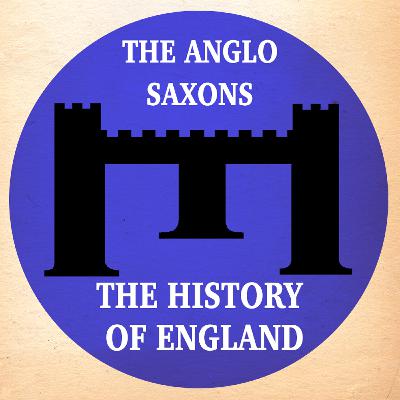
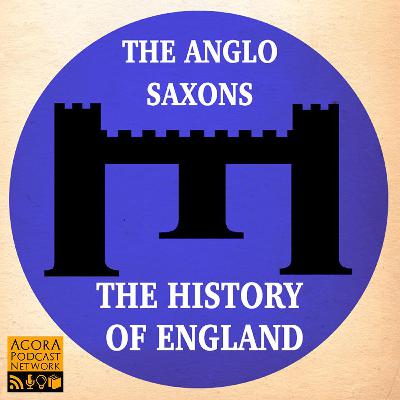
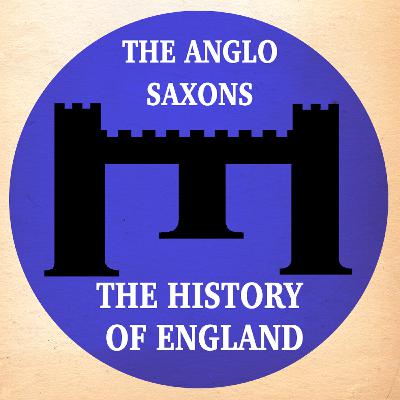
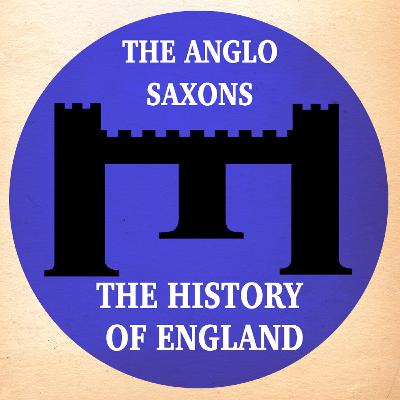
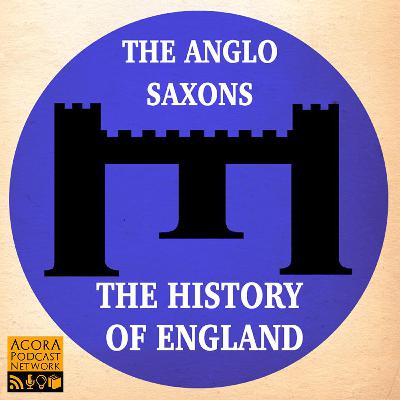
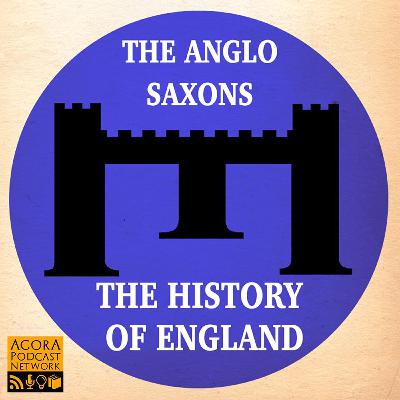
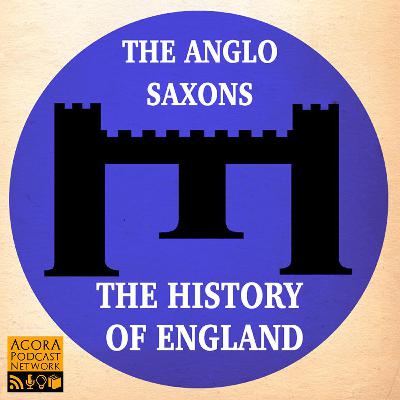
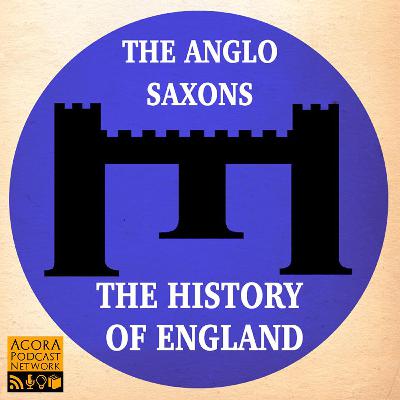
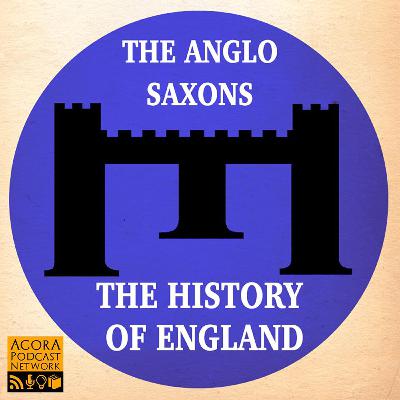




🔴✅📺📱💻ALL>Movies>WATCH>ᗪOᗯᑎᒪOᗩᗪ>LINK>👉https://co.fastmovies.org
p
Thanks for recording these podcasts. informative and fun :)